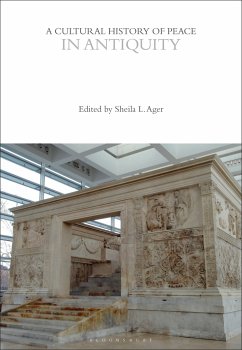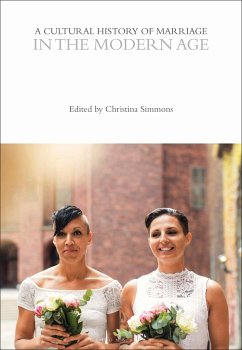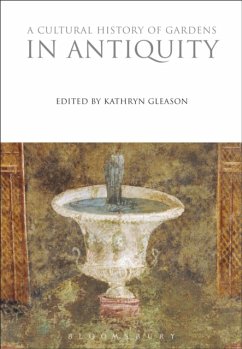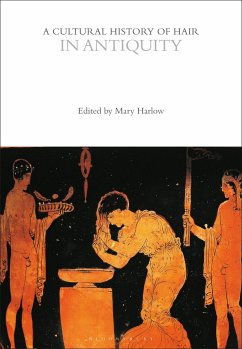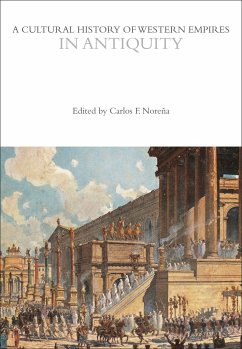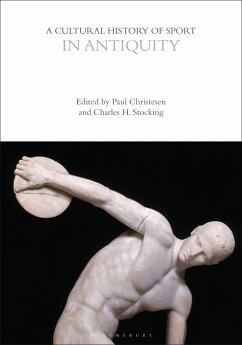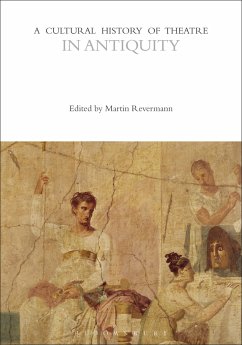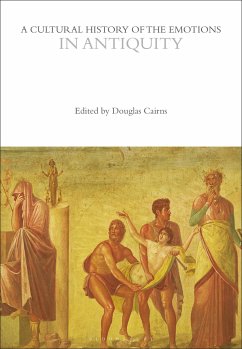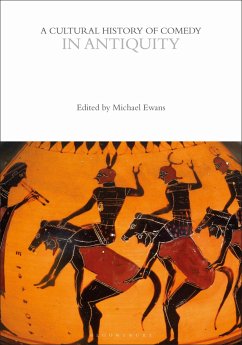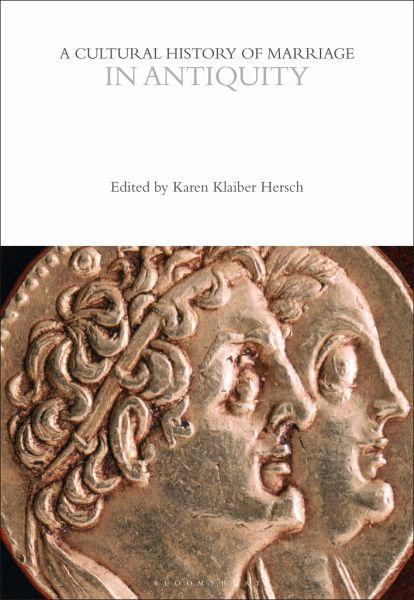
A Cultural History of Marriage in Antiquity
Versandkostenfrei!
Versandfertig in 2-4 Wochen
36,99 €
inkl. MwSt.

PAYBACK Punkte
18 °P sammeln!
Marriage, across cultures, is often defined as a union between consenting adults that lasts for the life of the partners. But is marriage a blessing, or curse? Does marriage represent the union of two hearts, or was it a necessary evil? Did matrimony bring a person a helpmeet for life, or was it a societally approved state entered into to improve one's social standing and produce legitimate heirs? The authors of this volume show that the peoples of the ancient Mediterranean were divided on all of these questions, and reveal ancient Greek and Roman opinions on marriage that were as varied and c...
Marriage, across cultures, is often defined as a union between consenting adults that lasts for the life of the partners. But is marriage a blessing, or curse? Does marriage represent the union of two hearts, or was it a necessary evil? Did matrimony bring a person a helpmeet for life, or was it a societally approved state entered into to improve one's social standing and produce legitimate heirs? The authors of this volume show that the peoples of the ancient Mediterranean were divided on all of these questions, and reveal ancient Greek and Roman opinions on marriage that were as varied and complex as they are today. Readers will discover in this book that ancients juggled multiple ideas that to the modern eye may appear to be contradictory. Thus, for example, Greek and Roman wives were expected to come to their grooms spotless virgins, while Greek and Roman husbands could enjoy multiple partnerships outside the marital union. Guided by our experts, we take an extensive journey through time and space, encountering evidence from such sources as diverse as Hammurabic law codes, Egyptian papyri, Greek epic and tragedy, Roman inscriptions and writings on the lives of early Christians. Applying innovative approaches and diverse methodologies, the authors of this volume reveal the tension and reconciliation between representations of marriage in antiquity and its lived reality. A Cultural History of Marriage in Antiquity presents an overview of the period with essays on Courtship and Ritual; Religion, State and Law; Kinship and Social Networks; the Family Economy; Love and Sex; the Breaking of Vows; and Representations of Marriage.



